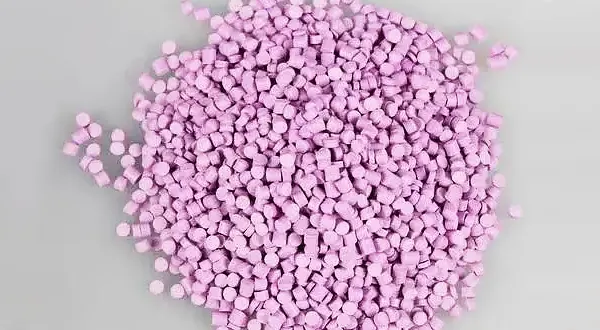Massachusetts
Plastic injection molding for Massachusetts
Receive top-tier engineering services from a seasoned manufacturer with a track record of professionalism and excellence.
Custom Parts, On Demand Manufacturing
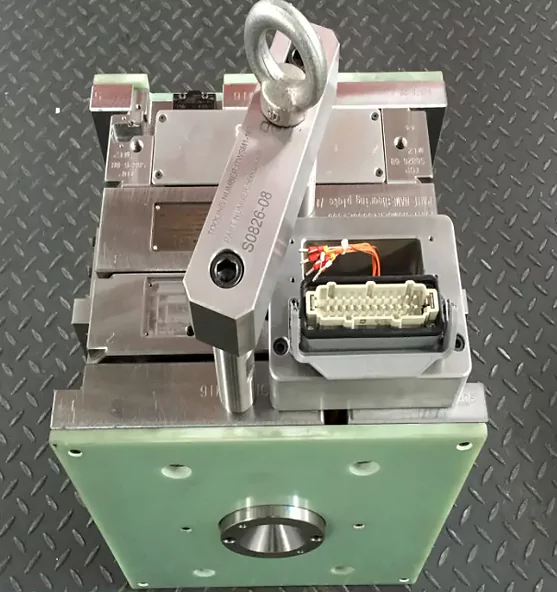
Explore our premier Plastic injection molding services in Massachusetts
specializing in plastic prototypes and production parts.
Welcome to CapableMachining, your trusted partner for high-quality plastic injection molding services. With years of experience and a commitment to precision and excellence, we specialize in providing top-notch solutions for all your molding needs. Whether you require prototyping, production, or post-processing services, our expert team is ready to meet your specifications and deliver exceptional results. From design assistance to final product delivery, we are dedicated to ensuring that your project is completed on time and within budget. Contact us today to learn more about our plastic injection molding services and discover how we can help bring your ideas to life.
Why Choose Us?
Our ability to provide on-demand manufacturing services means not only having strong manufacturing capabilities but also services that can produce complex end-use parts quickly, efficiently, and intelligently.
Our services
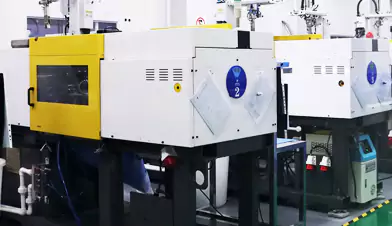
Injection molding stands as the predominant approach for mass-producing plastic goods. This method involves melting plastic, injecting it into molds, ejecting the finalized product, and then repeating the cycle.
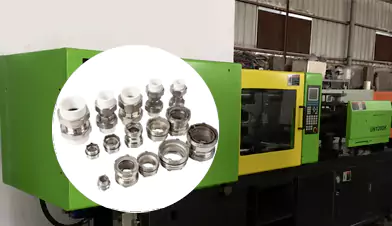
Insert molding proves to be a highly practical injection molding technique that enhances the strength or other properties of the final part by integrating additional materials.
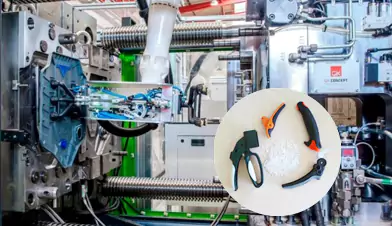
Overmolding is a process where various materials are layered to create a composite article. Typically, this method entails injecting a base material over one or more pre-existing parts to integrate them into a unified whole.
Other services
Capabilities
Tolerances
Heavily depending on the plastic type and the size of the part, typically +/- 0.15mm or +/-0.006 inch
Mold Life Cycle
Typically 300,000, and 600,000 if required.
Leading Time
Typically: tooling 30 days, injection molding 3 days
Injection Material
Most of the thermal plastic, ABS, HDPE, PE, PC, PMMA, PA6, PA66, POM, PBT, PET, PVC TPU, TPE, Silicone Rubber… Learn More >
Materials
Selecting the right material is paramount, not only for factors such as cost, processing complexity, and potential surface treatments but also for the ultimate quality of the product. Our highly skilled engineering team specializes in proactively addressing this challenge, even before an order is placed. This process confirms that our customers have the firm conviction in the final quality of their products.
Rigid Materials
Hard plastic materials are defined as materials that signify primarily no elastic deformation and no complete plastic deformation. Wecontinue durable affiliation quality suppliers, which enables us to provide quality assurance to our customers as well as to attend to varied particular needsof our customers.
Our Quality Control
CapableMachining boasts a traditional quality assurance framework and a team of qualified technical engineers who diligently oversee every aspect of our product manufacturing process – from acquiring excellent natural materials to delivering impeccable finished goods that encompass metals and plastics. To maintain our commitment to perfection, we extensively utilize state-of-the-art testing technology and cutting-edge equipment to meticulously evaluate crucial parameters such as workpiece dimensions, hardness, tensile strength, and elongation at every stage of production. We endeavor to maintain utmost control over these data points to meet and surpass the expectations of our esteemed clientele consistently.

Professional quality control Engineer

Tolerances up to ±0.0004″ (0.01mm)

State-of-the-art Inspection Facilities

Proven and reliable quality control system.
Gallery of Parts

Charging Plug
Material: ABS

Industry equipment part
Material: PEEK

Telecom equipment part
Material: PA66

Auto bumper
Material: ABS

UAV blades
Material: PPA + 30 Carbon Fiber

Medical container
Material: PE
Other capabilities

- Free & Automatic DFM feedback
- Tolerances: typically +/- 0.15mm or +/-0.006 inch
- Tooling: 30 days

- Free advices from high trained engineers.
- Quotation in a few hours.leading time 3 days
- Fast delivery time

- Tolerances: typically +/- 0.15mm or +/-0.006 inch
- Free consultant ,Free DFM feedback
- Casting lead time: 5~7 days

- Wide range of material choices
- Free consultant from engineers
- Fastest leading time: 1 day

- Free & Automatic DFM feedback
- Tolerances up to ±0.00078″ (0.02mm)
- Rapid tooling: 7~12 days
How do find our location?
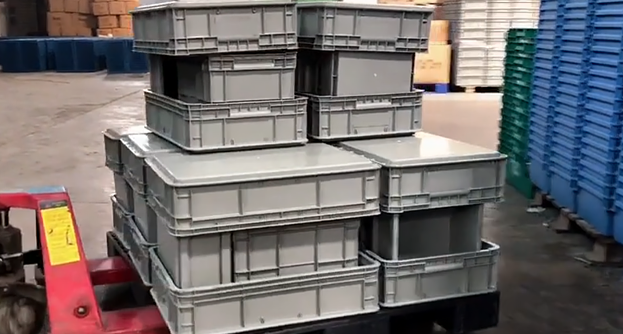
Plastic injection molding for Massachusetts
Other Location Near me
FAQ
Introduction
Plastic injection molding is a widely used manufacturing process that involves injecting molten plastic into a mold to create a variety of parts and products. In Massachusetts, this process is commonly utilized by businesses in various industries, ranging from automotive to medical devices. Understanding the ins and outs of plastic injection molding is crucial for companies looking to produce high-quality products efficiently. To shed light on this process, here are 10 pairs of questions and answers related to plastic injection molding in Massachusetts.
Q: What is plastic injection molding?
A: Plastic injection molding is a manufacturing process in which molten plastic material is injected into a mold cavity under high pressure. Once the plastic cools and solidifies, the mold is opened, and the final product is ejected.
Q: What are the benefits of plastic injection molding?
A: Plastic injection molding offers several advantages, including high production efficiency, cost-effectiveness for large production runs, and the ability to create complex shapes and intricate designs.
Q: What types of materials can be used in plastic injection molding?
A: A wide range of thermoplastic and thermoset materials can be used in plastic injection molding, including polyethylene, polypropylene, polycarbonate, and nylon.
Q: How does the injection molding process work?
A: The injection molding process begins with the melting of plastic pellets in a hopper. The molten plastic is then injected into a mold cavity, where it cools and solidifies. The mold is then opened, and the final product is ejected.
Q: What industries can benefit from plastic injection molding?
A: Plastic injection molding is commonly used in industries such as automotive, electronics, medical devices, consumer goods, and packaging, among others.
Conclusion
In conclusion, plastic injection molding is a versatile manufacturing process that plays a crucial role in the production of a wide range of products in Massachusetts. By understanding the basics of plastic injection molding and its applications, businesses can make informed decisions to optimize their production processes and achieve superior quality outcomes.


